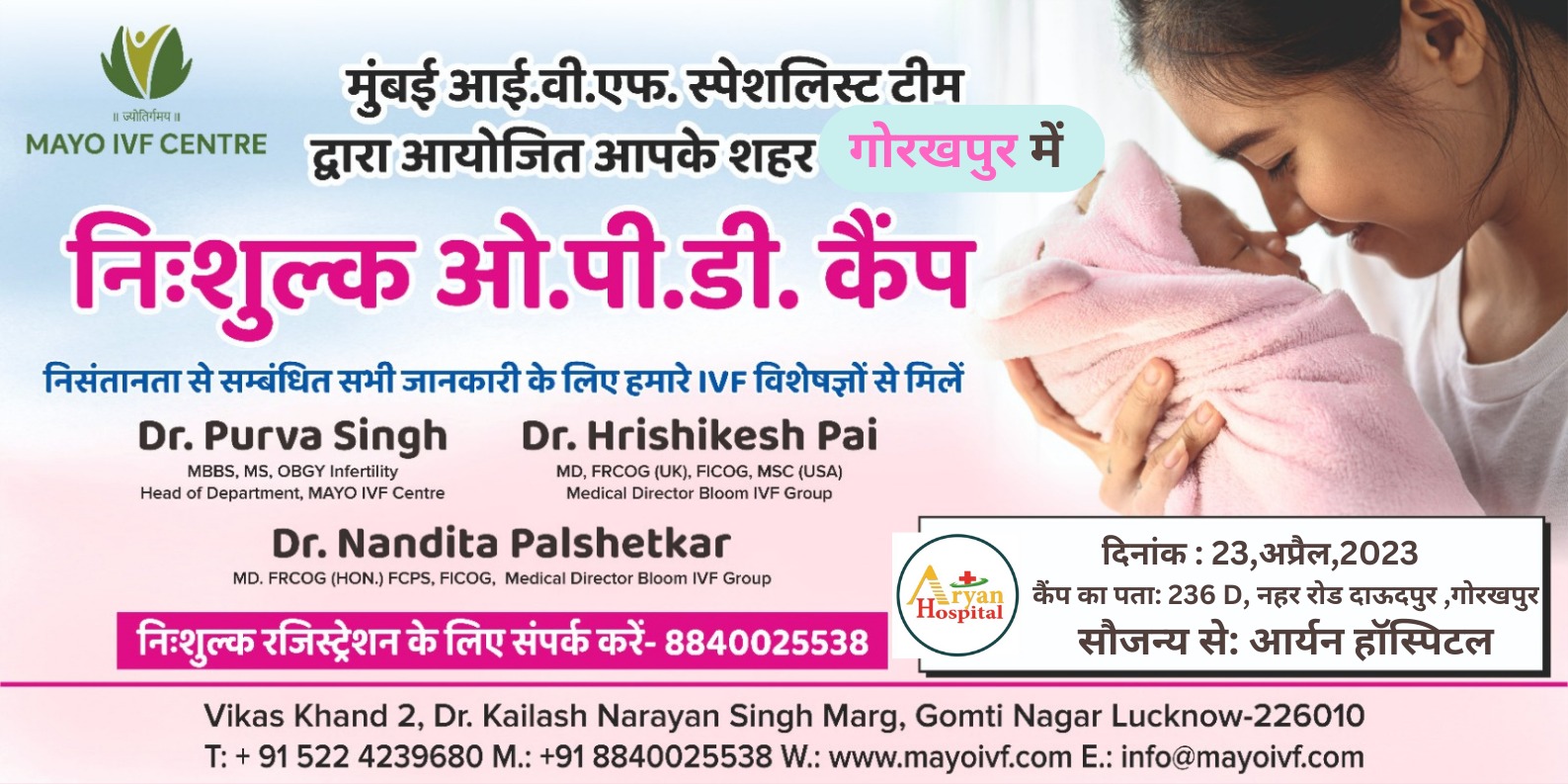
What is oocyte freezing?
Oocyte freezing, also known as egg freezing, is a fertility preservation technique where a woman's eggs are harvested and frozen for later use.
The process entails stimulating the ovaries to produce multiple mature eggs which are then retrieved through an ultrasound-guided needle. These eggs are then flash-frozen using a technique called vitrification.
Why is oocyte freezing recommended?
Oocyte freezing has revolutionized reproductive medicine by providing women with greater control over their reproductive choices. There are many reasons why someone would opt for oocyte freezing including:
- Women in their prime reproductive years may freeze eggs as a proactive measure against age-related decline in fertility and increase the chances of conception when they're ready.
- It can be particularly beneficial for individuals undergoing cancer treatment like chemotherapy or radiation, which could affect their fertility in the future.
- Women with certain medical conditions that can impact their ovarian reserves, like endometriosis or polycystic ovary syndrome (PCOS), may choose this option.
- It offers an opportunity for single women who wish to have children in the future but haven't yet found a partner or have other personal goals or cannot conceive at present due to health reasons.
While oocyte freezing does not guarantee pregnancy success, it gives women hope and optimism about starting families on their terms by preserving healthy eggs at an earlier age when fertility potential is higher.
What is the oocyte freezing procedure?
It's important to note that preparing for oocyte freezing can take several weeks or even months depending on how long it takes for your eggs to grow and mature. The complex process involves the following steps:
- The oocyte freezing procedure starts with a consultation with a reproductive specialist who will evaluate whether you're an ideal candidate for this process.
- Upon determining your eligibility, you'll undergo ovarian stimulation using hormone injections over several weeks. The purpose of this step is to boost your egg production and ensure that multiple eggs are available during retrieval.
Note: You would be taking daily injections of hormones over several weeks while being closely monitored by your healthcare provider through blood tests and ultrasounds.
- Once your ovarian follicles are fully developed and matured, you'll receive an injection of human chorionic gonadotropin (hCG) which triggers ovulation within 36 hours.
- At this point, your doctor will perform transvaginal ultrasound-guided aspiration under sedation anaesthesia where they carefully extract the eggs from each follicle using specialized needles. The 20-30 minute procedure is long.
- The extracted oocytes are then quickly frozen through vitrification -a rapid cooling method- which ensures minimal damage occurs to the cells during the process.
- After being frozen at sub-zero temperatures in liquid nitrogen storage tanks specifically designed for long-term preservation of biological material until needed.
Although it may seem daunting at first glance because there are many steps involved in oocyte cryopreservation; it's important to remember that every step has been thoroughly researched and optimized by experienced professionals in reproductive medicine so you can rest assured knowing that this process is safe and effective if done correctly.
What are the side effects of oocyte freezing?
While it is generally considered safe and effective, like any medical procedure, there are potential risks and side effects involved.
- One of the most common side effects of oocyte freezing is discomfort during the ovarian stimulation process. This involves taking hormonal injections to stimulate egg production in order to collect multiple eggs at once for retrieval.
- Some women may experience bloating, mild cramping or abdominal pain during this process.
- Another possible side effect of oocyte freezing is ovarian hyperstimulation syndrome (OHSS), which occurs when too many eggs are produced after hormone stimulation. Symptoms can range from mild (bloating and nausea) to severe (chest pain and difficulty breathing).
- There's also a small risk of infection or bleeding during the egg retrieval process itself - though these complications are rare.
- In some cases, anaesthesia-related complications may occur if general anaesthesia is used instead of conscious sedation.
It's important that individuals considering oocyte freezing speak with their doctor about all potential risks and benefits associated with this procedure before making any decisions.
What is the success rate of pregnancy from frozen oocyte?
The success rate of pregnancy from frozen egg depends on:
- The age of the woman when the eggs are frozen
- How well the eggs were stored,
- Whether or not they were frozen using advanced techniques like vitrification or slow cooling
How long do the frozen eggs last?
Generally speaking, frozen eggs can remain viable for up to 10 years or longer if properly stored. This means that women who opt for this method of fertility preservation have plenty of time to decide if and when they want to use their frozen eggs in order to start a family.
While oocyte freezing may not be right for everyone, it does offer an important option for those looking to preserve their fertility in today's world. With proper preparation and guidance from medical professionals throughout every step of the process, women can rest assured knowing that they have taken control over one of life's most precious gifts – the ability to create new life.
Key Takeaway:
- Oocyte freezing, also known as egg freezing, is a medical procedure that involves the extraction, preservation, and freezing of a woman's eggs for future use.
- The procedure is recommended for women who wish to preserve their fertility for various reasons such as delaying pregnancy, undergoing medical treatments that may affect their ability to conceive in the future, or who have not yet found the right partner.
- The oocyte freezing process entails stimulating the ovaries to produce multiple mature eggs, which are then retrieved through an ultrasound-guided needle and frozen using a technique called vitrification.
- This gives women hope and optimism about starting families on their terms by preserving healthy eggs at an earlier age when fertility potential is higher.
Frequently asked questions:
- What is the best age to freeze your eggs?
- Can you get pregnant naturally after freezing eggs?
- Is freezing eggs better than IVF?
Reference
- https://www.ncbi.nlm.nih.gov/pmc/articles/PMC8740039/#:~:text=Oocyte%20cryopreservation%20(OC)%20is%20used,reported%20in%201986%20%5B1%5D.
- https://www.ncbi.nlm.nih.gov/pmc/articles/PMC4467930/
- https://www.ncbi.nlm.nih.gov/pmc/articles/PMC8812387/
- https://pubmed.ncbi.nlm.nih.gov/35607819/

Dr Purva Singh
MBBS MS OBGYNIVF Specialist



